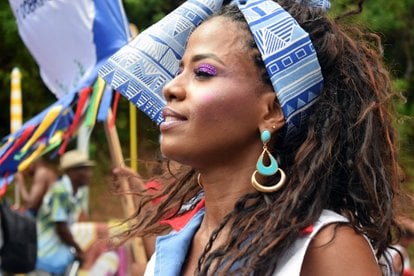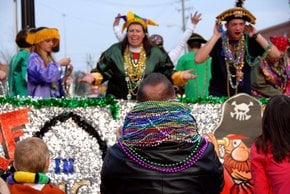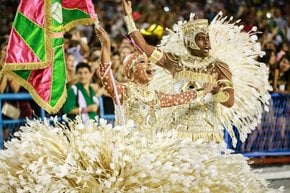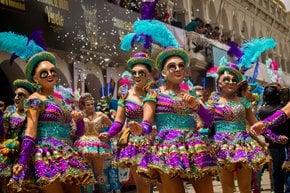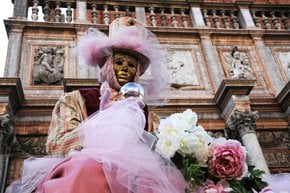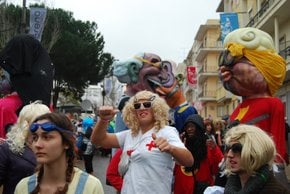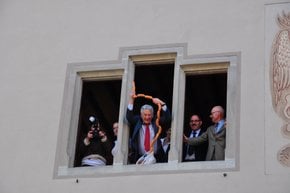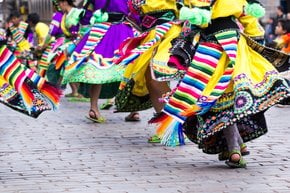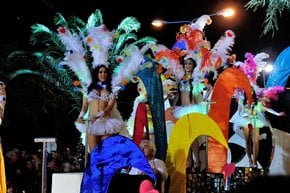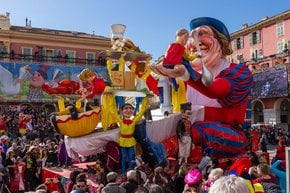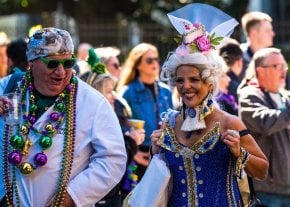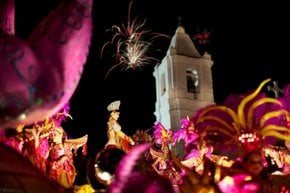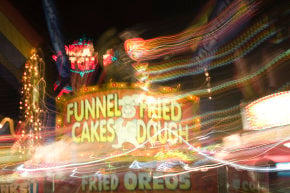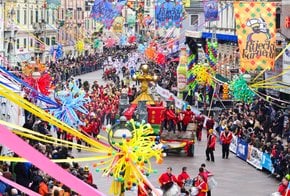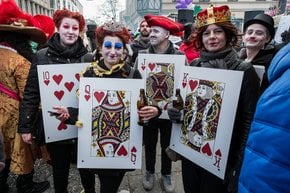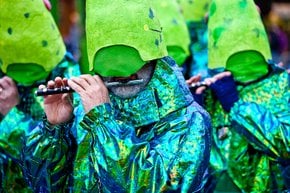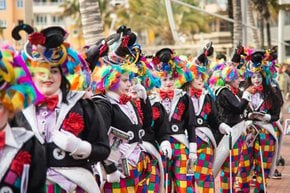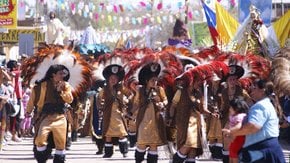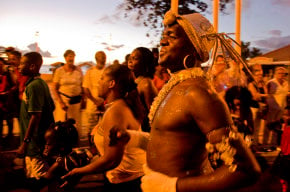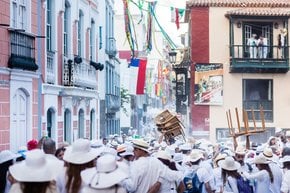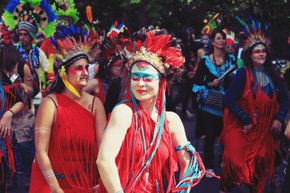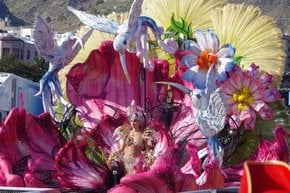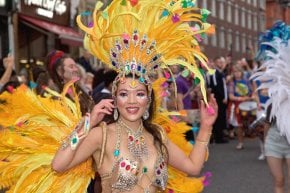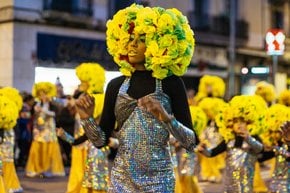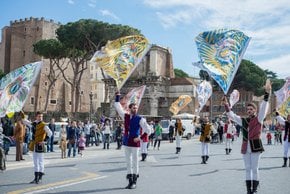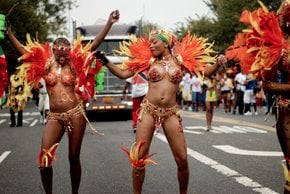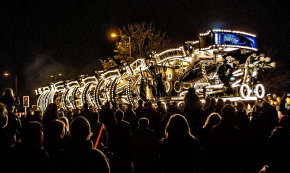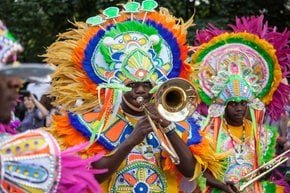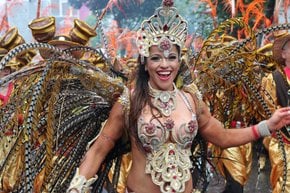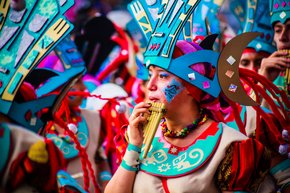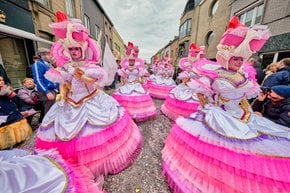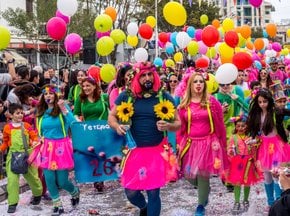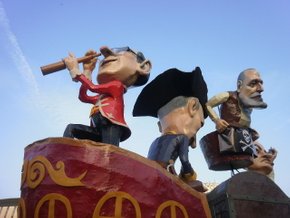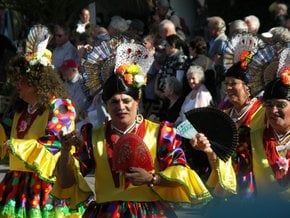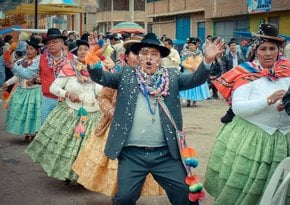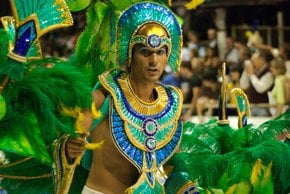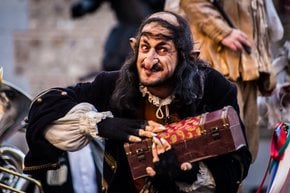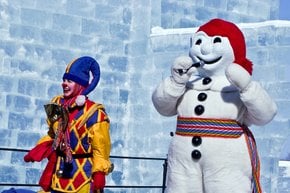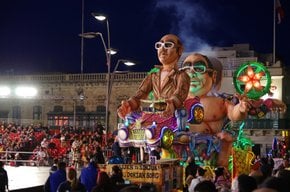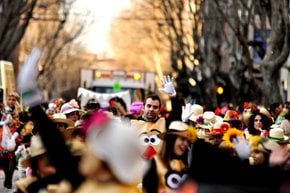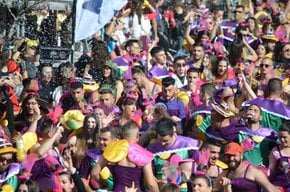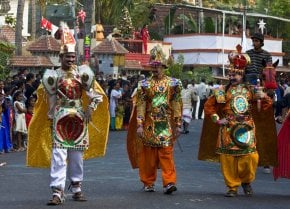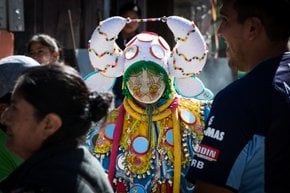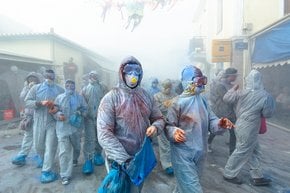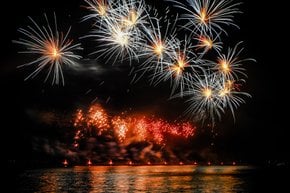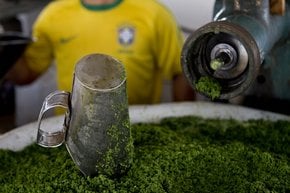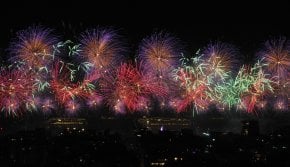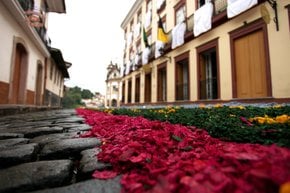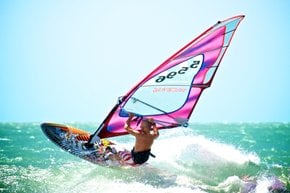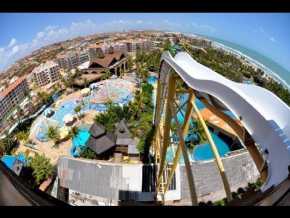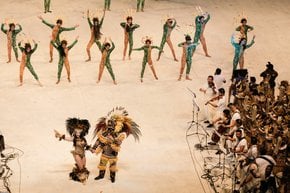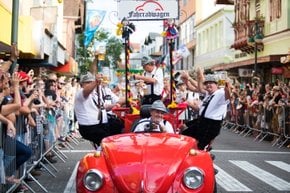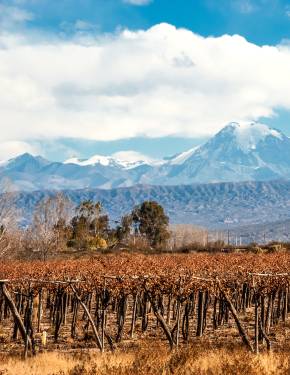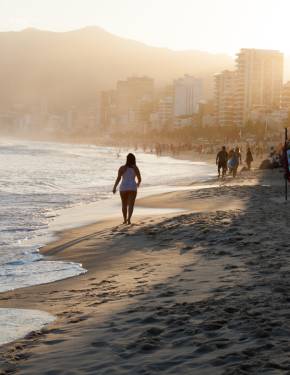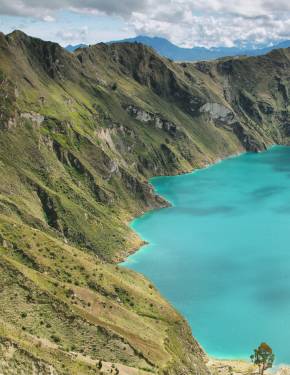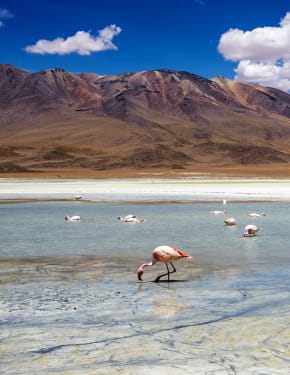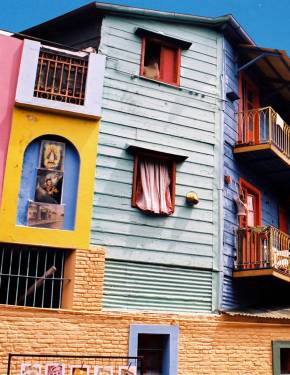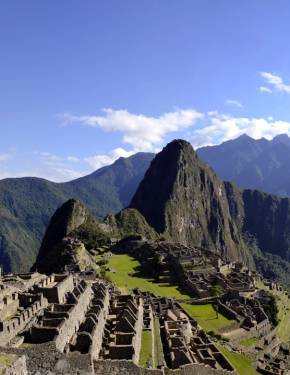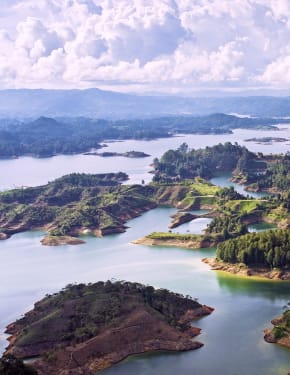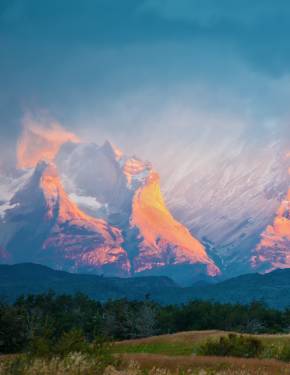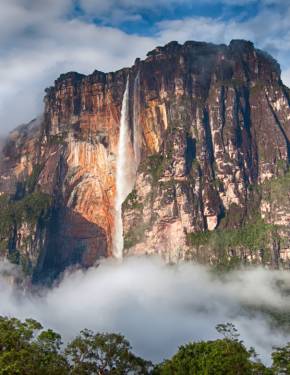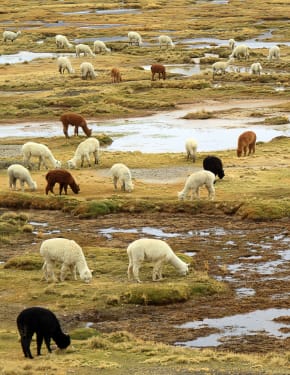Salvador Bahia Carnival 2025 in Brazil
The world's largest party shakes the streets of Salvador da Bahia
Dates: February 28–March 5, 2025
When it comes to carnivals in Brazil, Rio de Janeiro often takes the spotlight. However, the Salvador Bahia Carnival offers a unique experience that sets it apart. Located in the Afro-Brazilian cultural hub, Salvador’s carnival celebrates not just music and festivity but also a deep connection to African heritage. This connection is reflected in the rhythm of samba-reggae, the drum beats of Afro-Brazilian bloco groups, and the city's rich traditions. Often called the world's largest street party, Salvador's carnival is an electrifying fusion of culture and creativity. About 2.5 million people (half of them are visitors) take part in the carnival every year, making unforgettable memories.
The Salvador Bahia Carnival runs for six days, from Thursday to Ash Wednesday, filling the streets with vibrant parades, live music, and non-stop energy. Unlike Rio's samba school parades that take place in the Sambadrome, Salvador’s carnival is a street-centric experience. The highlight is the trio elétrico, a mobile stage mounted on trucks, where popular musicians perform as they wind through the city's circuits. These stages bring the party to the people, turning the city into one giant dance floor.
Parade Routes
Salvador’s carnival revolves around three main circuits: Dodô, Osmar, and Batatinha. The Dodô circuit, stretching from Barra to Ondina, is famous for its lively beachside parades. Osmar, in the heart of the city, offers a more traditional carnival vibe. Batatinha, in Pelourinho, celebrates Afro-Brazilian culture with intimate performances and cultural displays.
Many parades start at the Campo Grande, in the upper area of Salvador, moving for about 3,7 miles (6 km) along Avenida Sete de Setembro. Visitors can dance on the streets with the crowd for free or watch the Carnival from a cabin, a tribune, or camarotes, exclusive viewing areas with food, drinks, and special amenities. Tickets for those spots cost from $50 to $600. Arrastão is the last Carnival event on Ash Wednesday that includes trio elétricos parade along the Barra-Ondina track.
The trio elétrico phenomenon is central to Salvador's carnival. Performers like Ivete Sangalo and Claudia Leitte energize the crowds with music ranging from axé to samba-reggae, while blocos—groups of fans—dance and march along with their favorite trios.
Concerts and More
Beyond the parades, Salvador's carnival offers concerts, cultural performances, and street parties. Tickets for camarotes and blocos can be purchased in advance, allowing you to join the heart of the action or enjoy the festival in comfort. For a more cultural touch, Pelourinho is the place to be. This historic center of Salvador showcases traditional Afro-Brazilian music, dance, and capoeira during carnival week. It’s an excellent way to dive deeper into the region's cultural heritage.
Carnival History
The Bahian Carnival musicians have become recognized nationally in the 1990s. Luiz Caldas, Olodum, Sara Jane, Chiclete com Banana, Margareth Menezes, Ilê Aiyê and others have made this event the most prominent outdoor music and dance show in the world. Samba-reggae hits originating from Bahian Carnival have found their way to major radio and TV shows. Salvador Bahia Carnival is more than a festival; it’s a celebration of unity and pride. This carnival offers an unforgettable experience for those seeking the soul of Brazil’s rich and diverse traditions.

